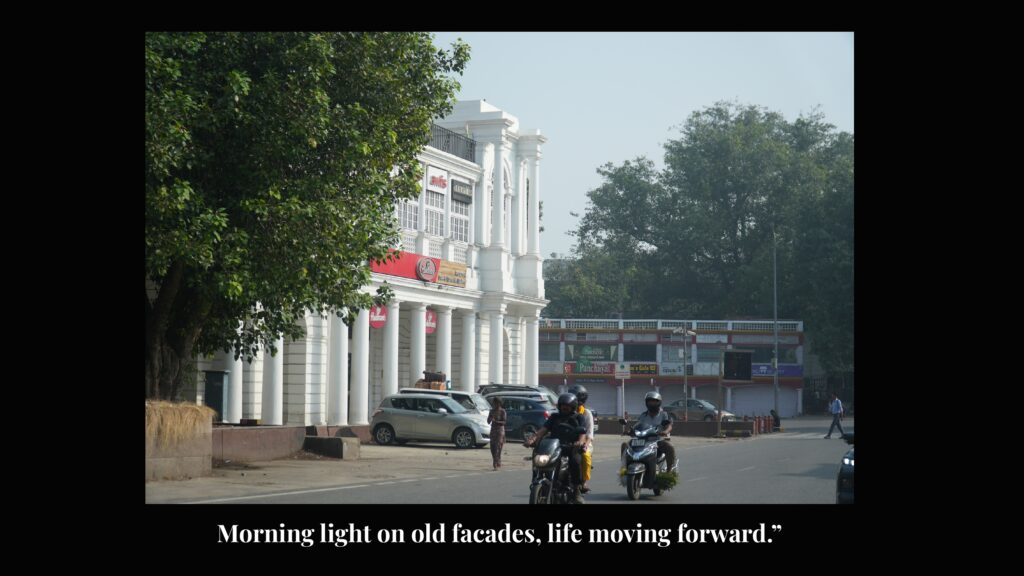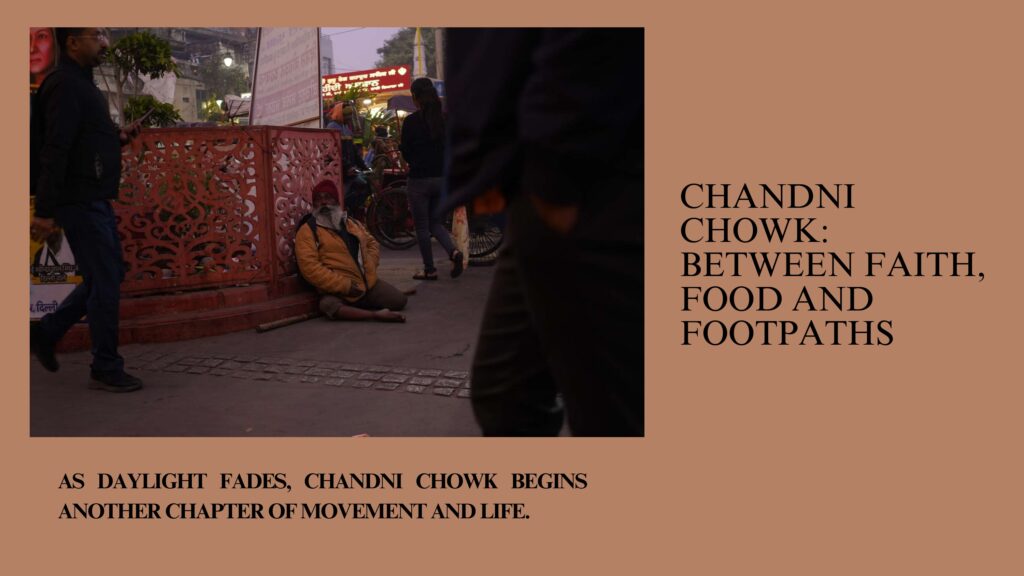PRAKASH SHA
COVID-19, also known as the coronavirus disease, is a highly contagious respiratory illness caused by the SARS-CoV-2 virus. It was first identified in Wuhan, China in December 2019 and has since spread to become a global pandemic. Symptoms can range from mild to severe and include fever, cough, and difficulty breathing. The best way to prevent infection is through frequent hand washing, wearing a mask in public, and practicing social distancing. Vaccines have been developed and authorized for emergency use to help curb the spread of the virus.
There are a wide variety of perspectives on COVID-19, as the pandemic has affected individuals, communities, and entire nations in different ways. Some people have had a mild experience with the virus and recovered quickly, while others have experienced severe symptoms and long-term health complications. Many people have expressed frustration with the economic and social disruptions caused by the pandemic, such as job loss and isolation. Others have been critical of the way governments have handled the crisis, including issues such as testing and contact tracing, vaccine distribution, and lockdowns. On the other hand, there are some people who believe the threat of COVID-19 has been exaggerated, and that the measures taken to curb its spread are too extreme. Some have held protests and rallies against lockdowns and mask mandates. Many people have also been critical of misinformation and conspiracy theories surrounding the pandemic, which has hindered efforts to control the spread of the virus and put people’s health at risk. Overall, the pandemic has brought out a range of emotions and perspectives, and has highlighted the importance of accurate and reliable information, as well as the need for cooperation and empathy during difficult times.
Governments around the world have implemented a variety of measures to try to curb the spread of COVID-19. Lockdown was one of the most prevalent one where Governments implemented strict stay-at-home orders and closures of non-essential businesses in an effort to slow the spread of the virus. Also, people who have been exposed to the virus or are showing symptoms are instructed to self-quarantine or isolate to prevent further spread. Many governments have implemented travel restrictions, including border closures and quarantine requirements for travellers. In order to stop the chain of spreading of the corona virus governments have encouraged people to maintain a safe distance from others in order to reduce the risk of infection. Governments made it mandatory to wear masks in public places and testing and contact tracing programs was implemented to identify and contain outbreaks of the virus. And after lots of efforts governments finally procured, distributed and encouraged their citizens to take COVID-19 vaccine as a tool to curb the spread of the virus and the process of vaccination is still in progress in many country and India has made great and successful efforts to provide vaccine to each and every citizens by promoting it at the rural level where majority of people were not ready for taking doses as they were afraid of the after symptoms and plus wrong information were also spreaded around in a very quick manner. Successful and continuous efforts by the government helped in creating awareness about the need to take in the vaccine to prevent corona to spread further, and to save people’s life. Now India has successfully administered many doses to almost all of its population and booster doses are also in implementation. Government have also provided financial and economic support to individuals and businesses affected by the pandemic where Indian government have provided free meals and grains through various welfare schemes to provide a basic living to the BPL population. All of these measures have varied from country to country and from time to time depending on the situation and severity of the outbreak, with some countries implementing stricter measures than others.
COVID-19 pandemic has brought many moral and ethical considerations to the forefront where we understood the importance of empathy and solidarity, the importance of coming together as a community to support one another during difficult times. It has also highlighted the need to care for vulnerable populations, such as the elderly and those with underlying health conditions. The pandemic has also highlighted the importance of accurate and reliable information in order to make informed decisions and curb the spread of misinformation, as there were negative and false information being circulated by people which further created more stress and unrest among the masses. The pandemic also emphasises the importance of science and evidence-based decision making in order to effectively respond to the crisis. It also has highlighted the role of government in protecting public health and providing support to those affected by the crisis. The pandemic has also shown the importance of individuals taking responsibility for their actions and following guidelines in order to protect the health of others. It also brought attention to the need for ethical decision-making regarding allocation of resources, distribution of vaccines, and balancing the economic impact with public health. Finally, the pandemic has proved that global collaboration and cooperation is very much necessary to combat a global health crisis and also projected the togetherness of all people of the world that we all are together in tough times.







